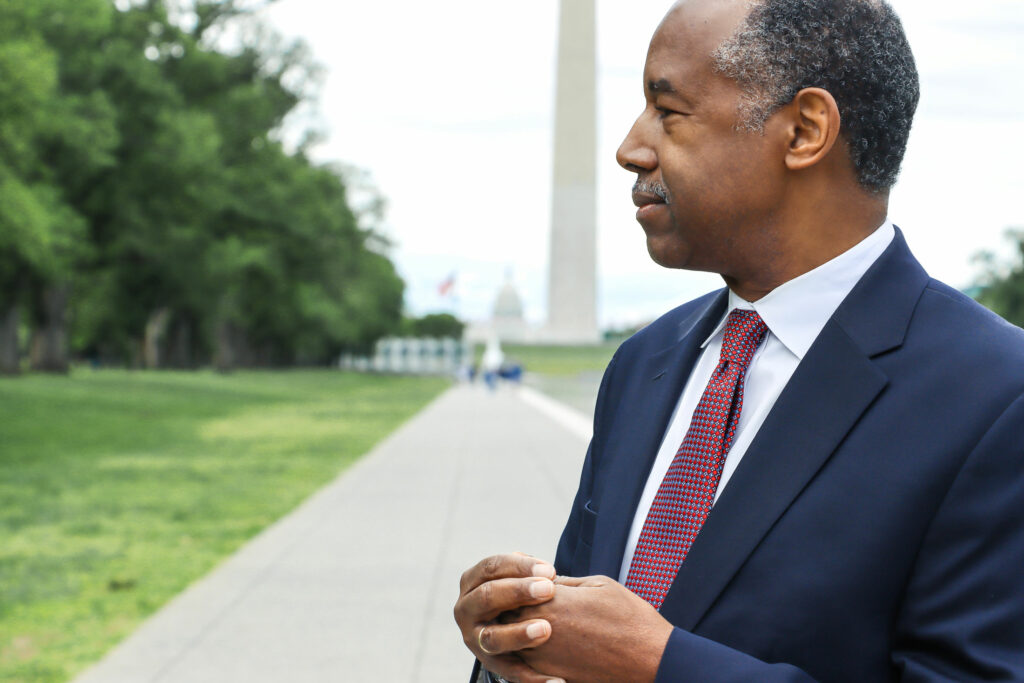More Perfect Union Project

The DNC’s Presidential Candidate Earned Zero Primary Votes
Convention Delegates are usually “background actors” and political “extras” who are there to wear a donkey or elephant hat, wave the flag, and sing along to patriotic songs. In the modern age, the party nominee by the time of the convention is usually a foregone…
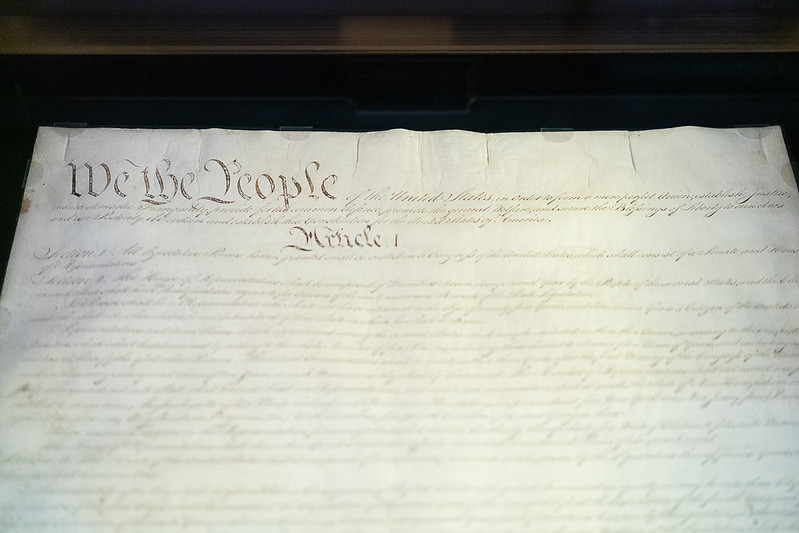
What is “standing,” and why is it required for a court to hear a case?
“Standing” is a bedrock principle of constitutional law and an essential element to any case that comes before the court. Standing comes from the “cases and controversies” clause in Article III of the Constitution, and it essentially requires that anyone who brings a case must…

The LGBTQI+ agenda is harming the foster care system
Despite a national shortage in foster care homes, the Department of Health and Human Services (HHS) and the Administration for Children and Families (ACF) recently enacted severely restrictive placement requirements for children who identify as “LGBTQI+.” Under these new ACF Rules, state agencies must…
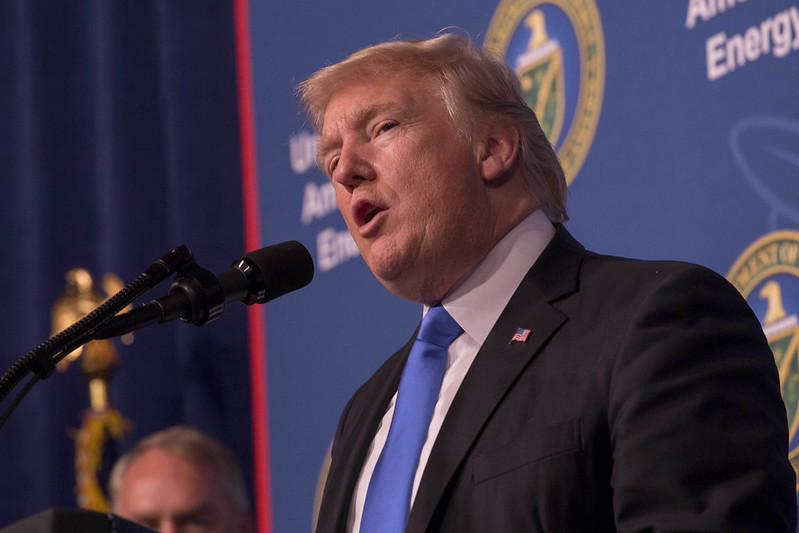
An Overview of the Supreme Court’s Presidential Immunity Decision
/Trump v. United States Decided July 1, 2024 Question Presented Does a former president enjoy presidential immunity from criminal prosecution for conduct involving official acts during his time in office, and if so, to what extent? Bottom Line Up Front The Supreme Court…
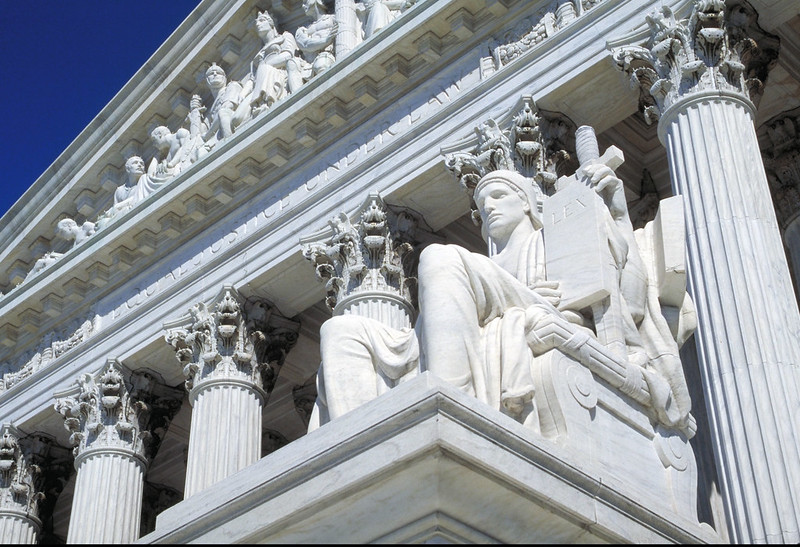
ACI Legal Briefs: City of Grants Pass v. Johnson
Supreme Court Watch Argued April 22, 2024 Question Presented Does a city’s local ordinance banning public camping violate the 8th Amendment’s prohibition on cruel and unusual punishment? Statement of Facts and Procedural History Grants Pass is a city in Southern Oregon with about 38,000 people…
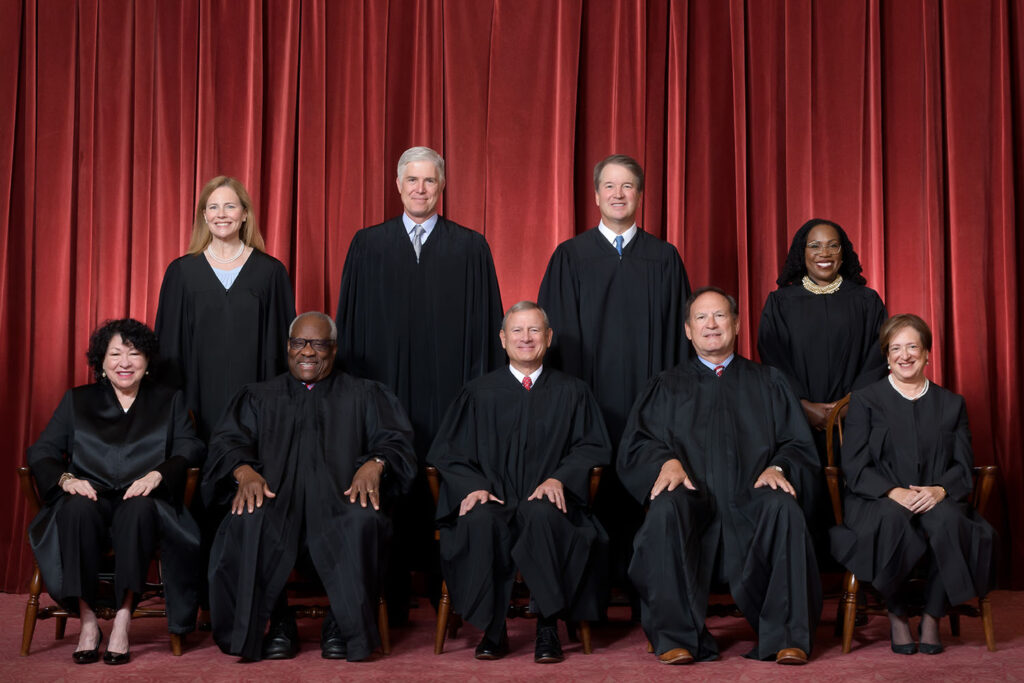
ACI Legal Briefs: Loper Bright Enterprises v. Raimondo
Supreme Court Watch Argued January 17, 2024 Question Presented Should the Supreme Court overrule its previous holding in Chevron v. Natural Resources Defense Council, which requires deference to agency interpretation in the event of statutory ambiguity? If not, should the Supreme Court clarify that statutory…

Mexico’s Manchurian Candidate? The Future of Trade Relations with our Neighbors to the South
/Claudia Sheinbaum former Mayor of Mexico City and leftwing environmental activist just made history as the first female elected President of Mexico. She cruised into an easy victory with a winning margin of nearly 60% of the vote. Pundits are declaring this a continuation…

The Hidden Costs of EV Ownership
/As we discussed in a previous paper, the Biden administration is making an unprecedented and anti-freedom regulatory push to force consumers to take up a product they just don’t want—electric vehicles (“EVs”). Proponents of EVs often claim that slow adoption results from a lack…
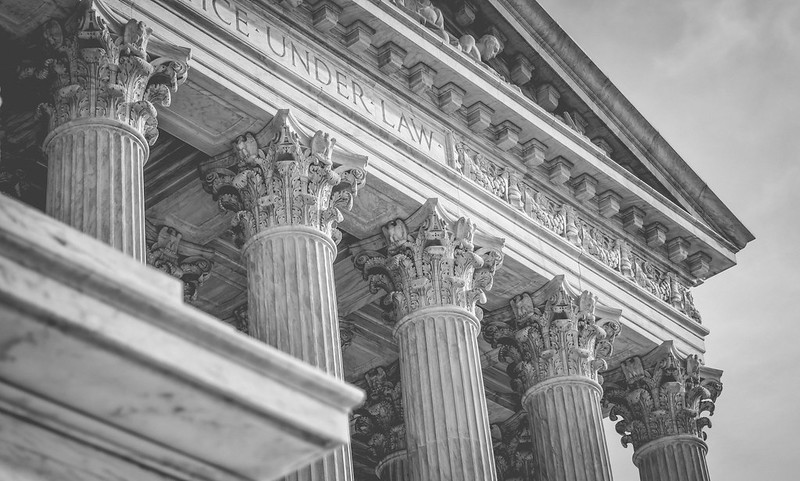
ACI Legal Briefs: United States v. Rahimi
Supreme Court Watch Argued November 7, 2023 Question Presented Does 18 U.S.C. § 922(g)(8), which prohibits the possession of firearms by persons subject to domestic violence restraining orders, facially violate the Second Amendment? Statement of Facts and Procedural History Zackey Rahimi was convicted of possessing…
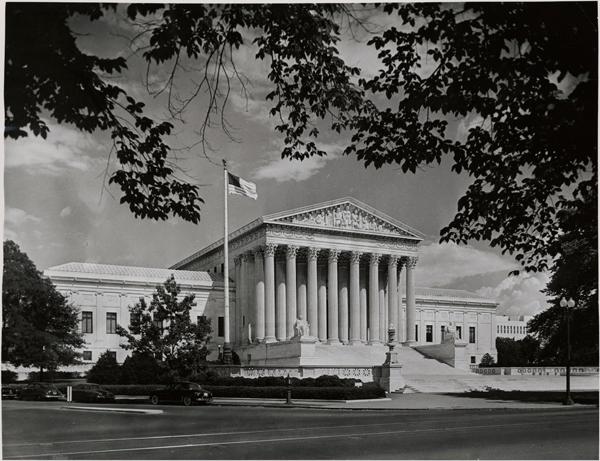
ACI Legal Briefs: Trump v. United States
/Supreme Court Watch Argued April 25, 2024 Question Presented Does a former president enjoy presidential immunity from criminal prosecution for conduct involving his official acts during his time in office, and if so, to what extent? Statement of Facts and Procedural History In August…

Homelessness before the Supreme Court
/On Monday, the Supreme Court heard arguments about the measures a city can take to prevent homelessness in a pivotal case called City of Grants Pass v. Johnson. Grants Pass is a city in Oregon of about 39,000 people, which banned camping on public property,…

Disparate Impact
This Common Sense Solutions paper will explain the “disparate impact” legal standard to our readers and demonstrate how disparate impact is an invention of the Court that erodes personal freedom, increases regulatory costs, and expands the modern bureaucratic state to root out racism—even where none…

The Biden Administration’s Strategic Petroleum Reserve Strategy Comes with High Risk in and Uncertain World
/In October 1973, the Organization of Arab Petroleum Exporting Countries (OAPEC) imposed an embargo against the United States in retaliation for its decision to resupply Israel during the fourth of the Arab-Israeli wars. The Yom Kippur War, as it became known, started on October 6,…
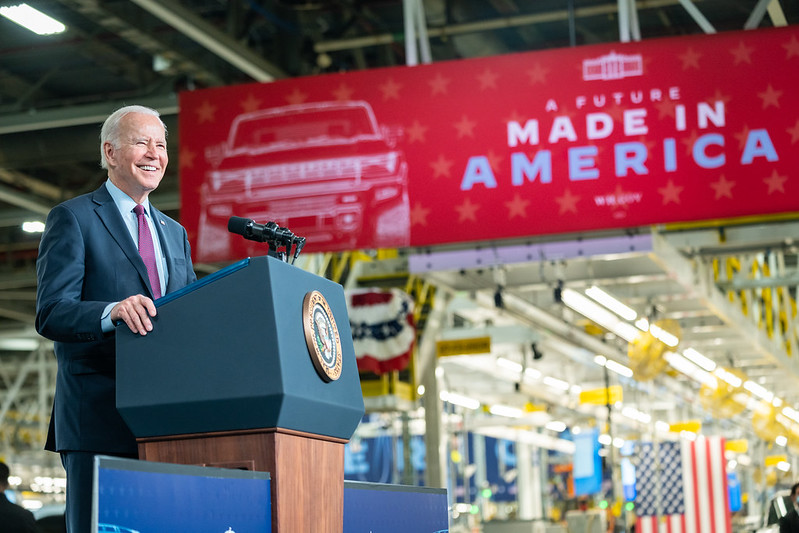
The Misguided Push for Electric Vehicles

What Should Washington Do to Stop the Latest “Viral” Threat Originating From China?
The Chinese Communist Party (CCP) is on a quest to dominate the United States via various economic, military, and even social means. National security threats (especially from the Chinese) come in several forms, but one in particular is gripping the nation: the incredibly popular social…

Presidential Succession Part Two: The Ratification of the 25th Amendment
This two-part Common Sense Paper explains the history of Presidential succession both prior to and following the ratification of the 25th Amendment. Part 1 focuses on the early history of Presidential succession, from the ratification of the Constitution until 1967. This paper (Part 2)…
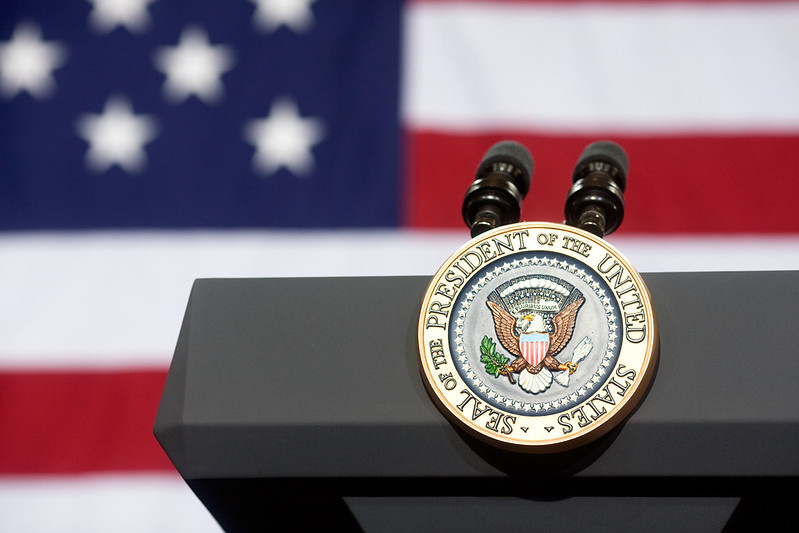
25th Amendment: Presidential Succession, Part 1
This two-part Common Sense Paper will explain the history of presidential succession both prior to and following the ratification of the 25th Amendment. Part 1 focuses on the early history of presidential succession, from the ratification of the Constitution until 1967, which illustrated the need…

What is “Medical Aid in Dying?”
/The terms assisted suicide and euthanasia are commonly used interchangeably, however, they refer to slightly different procedures. Assisted suicide involves an individual ending their natural life through self-administered lethal drugs prescribed by a physician. In contrast, euthanasia, also commonly known as mercy killing, broadly refers…

Free Speech and Political Persecution at the Supreme Court
On Monday, the Supreme Court heard arguments for NRA v. Vullo, a case in which the National Rifle Association (NRA) alleged that its free speech rights were violated, and it was being targeted for its political views. As a background to the NRA’s claim,…

The Supreme Court’s Ruling on the 14th Amendment Challenge to President Trump’s eligibility to appear on state ballots
On Monday, the Supreme Court handed down a unanimous ruling in Trump v. Anderson that overturned the Colorado Supreme Court and rejected Colorado’s attempts to remove former President Donald Trump’s ability to appear on their state’s ballot for the presidential primary. The 14th Amendment…

Merchant Category Codes—The Next Second Amendment Battlefield
The fight over new Merchant Category Codes (“MCC”) specific to firearms businesses has been in the headlines quite a bit over the last few months. This Common Sense Paper will explain the issues surrounding MCCs and put these issues in the context of the broader…

An America First Foreign Aid Policy
The United States has often been described as a world power, a shining city on a hill, and a global leader in advancing democracy across the globe. Many phrases are used to illustrate our country’s prominence on the international stage, but when it comes to…

The Crisis on our Southern Border
| Leave a CommentTexas Governor Greg Abbott made headlines with a letter condemning the federal government for its handling of the illegal immigration crisis at our southern border. He stated that since President Biden’s inauguration, over 6 million illegal immigrants have entered the United States—exceeding the population of…
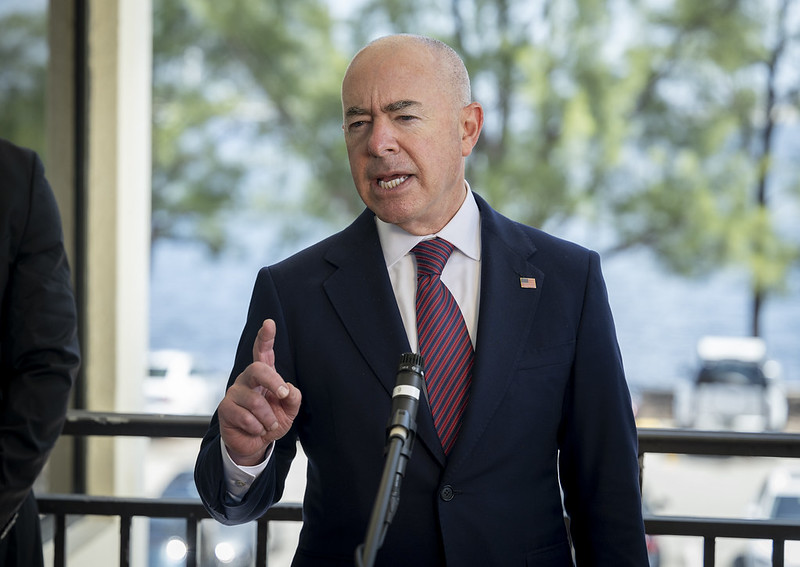
High Crimes and Misdemeanors
/ | Leave a CommentThe U.S. Constitution lays out our system of checks and balances among the branches of the federal government as a way to ensure no branch would become too powerful. The ultimate check on the executive branch is the impeachment clause in Article II, Section 4:…
